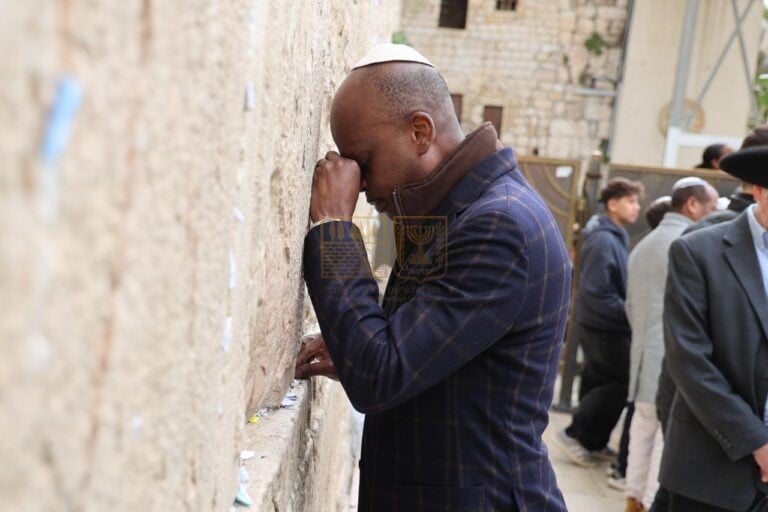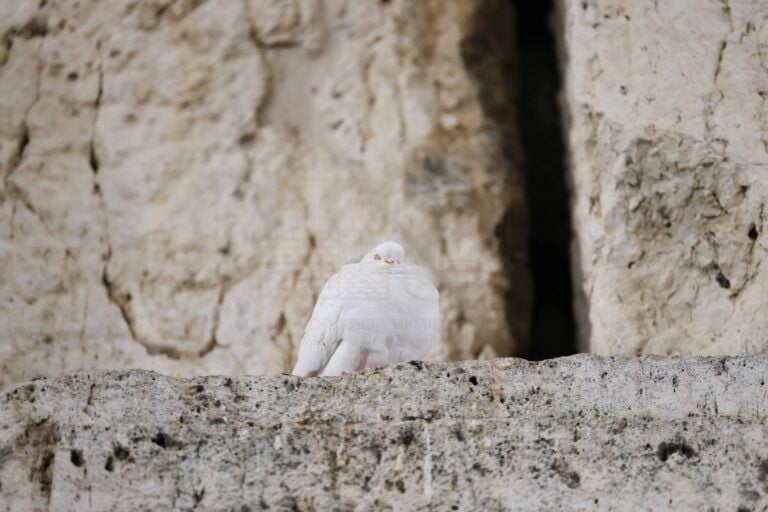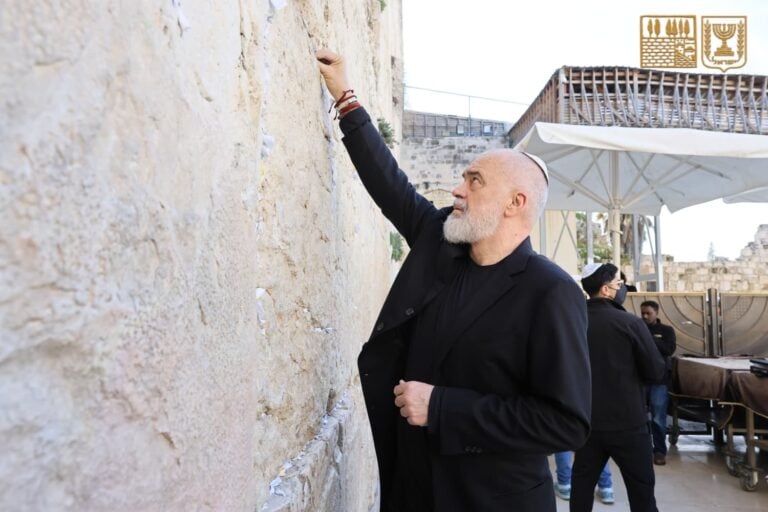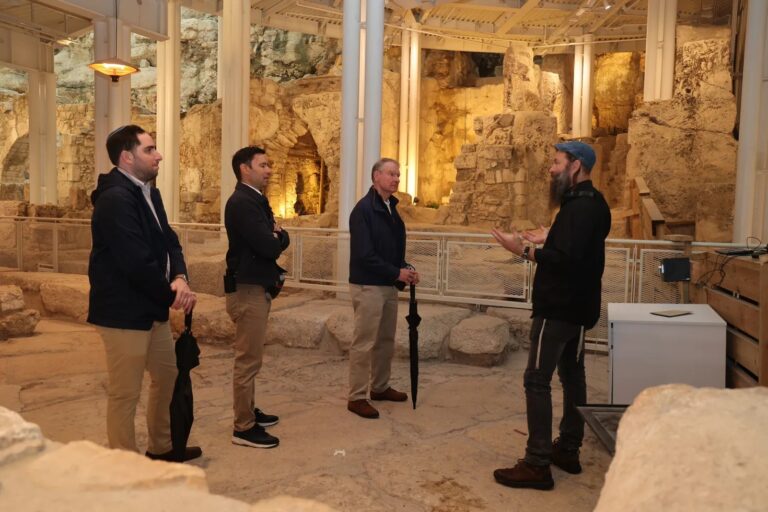Parashat Bereshit – 5786
Rabbi Shmuel Rabinowitz – Rabbi of the Western Wall and Holy Sites
Parashat Bereshit tells of the first two children born into this world. Cain and Abel were the sons of Adam, the first man, who was created by the hands of God, and they together ventured into the new world that had just been formed – a fresh creation full of promise, all meant for them. Cain, according to the story, preferred to focus on what his brother Abel had and he did not, instead of appreciating what he himself possessed.
The Torah tells us that the two brothers – Cain, the elder, a farmer, and Abel, a shepherd – each brought an offering to God from the fruits of their labor. Cain brought an inferior offering, as Rashi explains in the name of our sages, while Abel brought “from the firstborn of his flock and from their choicest parts” – the very best he had.
God accepted Abel’s offering. Fire descended from heaven and consumed his sacrifice, while Cain’s minimal and half-hearted offering was left upon the ground.
At that moment, Cain faced two possible paths. He could have taken a hard look at himself and drawn conclusions: that God bore no personal grudge against him, but that his offering had not been accepted because he had not given what was fitting to give. He could have resolved that next time, he would do better. But Cain chose the second path – he chose to be offended.
God looked at Cain’s face and saw that it had fallen.
“And the Lord said to Cain: Why are you angry, and why has your face fallen? Surely, if you do well, you will be uplifted…”
(Genesis 4:6–7)
The Hebrew word se’et (“be uplifted”) means elevation.
Ibn Ezra explains that God was telling Cain: If you choose to be good – to yourself and to others – you will rise above your gloom. You will become joyful, and your contribution to humanity will be positive and meaningful! Why prefer to sink into negativity, to live as a sad and bitter person who feeds on resentment? What will you gain from that and what good will it bring to the world?
But Cain did not listen. He continued to sulk until he could no longer control his impulses. One day, in the open field, he rose against his brother and killed him.
“And when they were in the field, Cain rose up against Abel his brother and killed him…”
(ibid., 8)
We know how the story ends. Cain was punished, and Adam and Eve had another son, Seth, from whom the human race would descend.
The Torah does not tell this story for no reason. In this world, we are constantly faced with choices: Will we succumb to negative emotions – to jealousy, anger, or bitterness -and take a strange pleasure in those feelings, as so many people do?
Or will we choose to move past them, to enjoy the beauty of the world around us? How pleasant it is to live among kind, cheerful, smiling people, to experience life with warmth and positivity.
There is a beautiful world inhabited by happy, content, radiant people, and there is a “parallel universe” inhabited by angry, resentful souls, who seem to wait eagerly for the next excuse to sink into the quagmire of bitterness, complaints, and constant grumbling. This path, which may at first seem natural or harmless, quickly turns poisonous. It can lead to ruinous consequences.
God created a magnificent world. How pleasant it is to experience it as it was meant to be – with kindness, love, and vitality. Yet it is so easy to destroy it. A person who lives wrongly not only harms themselves but also those around them.
This is a lesson worth pondering and learning from.









